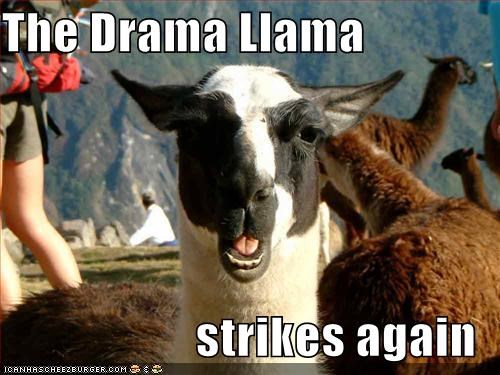Just be prepared for a lot of "I told you so's." The price of your internet service is about to get a lot higher. Your "free and open internet" is going to cost you dearly. I sincerely hope the advocates of Net Neutrality reap what they sow.
Net Neutrality Goes Into Effect What Consumers Should Expect
As of Friday, June 12, the Internet is legally an open, unbiased network in the United States. Well, to be fair, it has been pretty open and unbiased, but now the net neutrality ruling is coming into effect.
Net neutrality rules were published by the Federal Communications Commission April 13, and the two-month waiting period for them to become effective ends today. The ruling is being appealed by Internet Service Providers (ISPs) like AT&T and Verizon, which will likely take months if not years if it has to go to the Supreme Court. In the meantime, ISPs asked the courts to halt parts of the ruling until there is a verdict on the appeal (in legal terms, this halt request is called a stay request), but that request was denied today. So net neutrality now becomes enforceable by the FCC. Will consumers benefit?
I have read the 400-page document of the ruling and talked to expert lawyers, industry executives and academics, trying to piece the puzzle together to answer this question. So this is the first of several articles on this topic. I wish the answer was straightforward, but as in most major rulings, the answer is mixed. Consumers will benefit in some ways, but they will lose in other ways. Here’s how.
The ruling provides rules of engagement for ISPs (defined in the ruling as Broadband Internet Access Services or BIAS) who deliver Internet content via a mobile, satellite, or fixed cable connection. One of the main issues at hand is that many of these providers have a monopoly of the last mile of cable to your home. The spirit of the ruling is to make sure that these providers give fair access and delivery of Internet content, so that the Internet remains an open access network.
The ruling has two core components. The first major ruling is that ISPs now fall under the category of telecommunications services (as opposed to information services), so they are bound by the regulations of Title II of the Telecommunications Act of 1934, which provides the FCC the authority to regulate them as a public utility. This is a major development with substantial implications on the future of the industry. It is at the core of the appeal by the ISPs, so let’s leave it for a future post and focus on what is not being disputed by the ISPs.
The second major part of the ruling is the development of so-called bright-line rules, which directly affect a consumer’s ability to access content over the Internet. Although they now go into effect and the denial of the stay request today increases the chance of these rules ultimately passing, it is awkward that they could still get lost in the appeals process. According to J.G. Harrington, attorney at Cooley LLP, “it is uncertain whether the rules that were not in the stay request will eventually survive all the legal challenges. But the fact that the stay request was denied increases the odds that these bright-line rules will survive the appeal process.”
Net Neutrality Goes Into Effect What Consumers Should Expect




